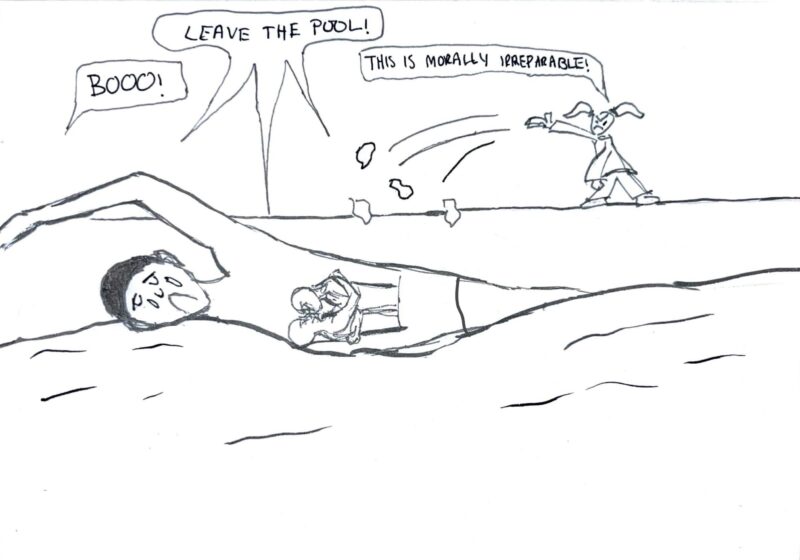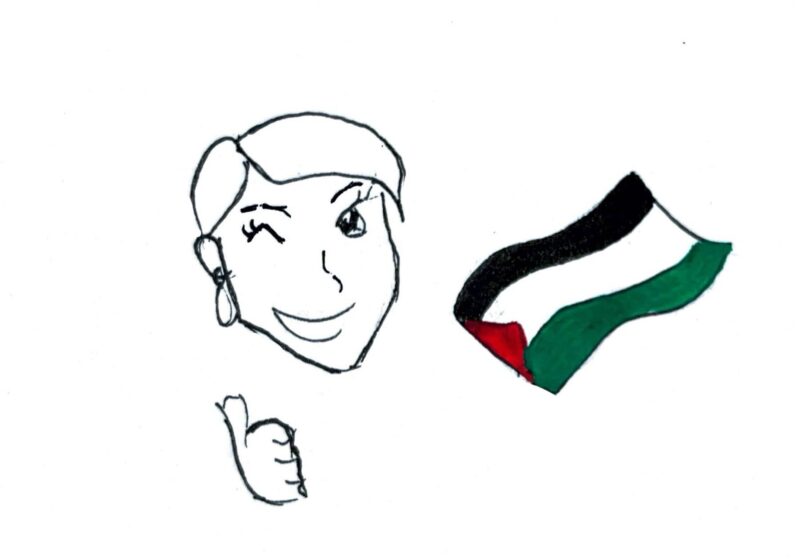Midterm season is upon us, and so are constant stressors and prolonged periods of intoxication. If you’ve been longing for the pandemic to end and for parties to resume at Sig Chi, Sig Ep, and Sig Apple Pie, then fear not, because recent research developments might have a solution for you.
Earlier this semester, undergraduate students were randomly selected to receive a blood alcohol test in addition to surveillance testing requirements. Students that volunteered to drink for the blood alcohol tests were put into a separate pool. A simple prick using state-of-the-art Theranos lancets allowed for easy collection of blood from earlobes. Data from both groups was collected and compared.
Researchers at the URMC have partnered with scientists from the University of Contigo in Bottle, North Virginia. Scientists wanted to better understand if there was correlation between “midterm szn” and hard seltzers. There, data collected from alcohol blood tests conducted on UR students after midterms is being analyzed using a state of the art centrivap machine. “The centrivap machine is necessary to speed laboratory evaporation of multiple small samples using a combination of centrifugal force, vacuum, and heat. It allows us to really concentrate collected protein,” Dr. Jefferson, researcher and pub owner in downtown Rochester, said.
The results were not surprising. “We found that around midterm season, students were drinking more, much more than anticipated. For one student, his blood test had no actual blood; his veins were running only on Genesee Lights and Snapples. He’s a medical miracle!” Dr. Jefferson said, leaping out of his chair and onto his desk.
Intrigued, I decided to interview this student, who had requested to remain anonymous. “I’m just out here,” he said. When asked to elaborate, he declined to comment further, but added, “It is what it is.”
When asked about his future research, Dr. Jefferson was excited. “I plan to publish a paper at some point.”
Exciting.



